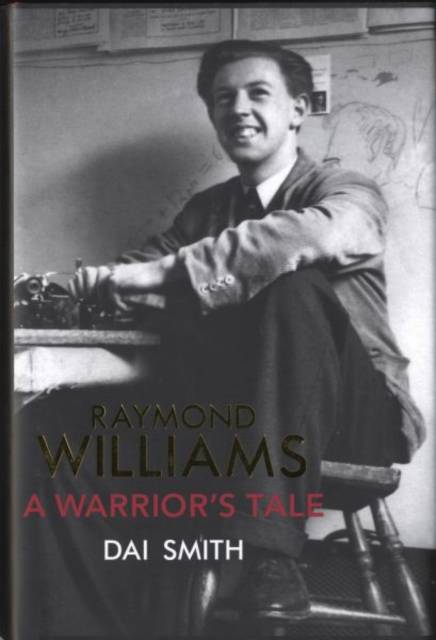
- Afhalen na 1 uur in een winkel met voorraad
- Gratis thuislevering in België vanaf € 30
- Ruim aanbod met 7 miljoen producten
- Afhalen na 1 uur in een winkel met voorraad
- Gratis thuislevering in België vanaf € 30
- Ruim aanbod met 7 miljoen producten
Zoeken
Omschrijving
Raymond Williams (1921-1988) was the most influential socialist writer and thinker in post-war Britain. From 1961, with the publication of The Long Revolution, his reputation was bound up with the theory and practice of Culture, as itself a social dynamic. However, Williams always considered that his critical and imaginative work formed an integral whole and that their complementary pattern was crucial to his personal intent and wider purpose. In particular, for him the appearance of the pathbreaking Culture and Society in 1958 and of his revelatory first novel Border Country in 1960 were twinned events. Now, for the first time, making full use of Williams' private and unpublished papers and by placing him in a wide social and cultural landscape, Dai Smith, in this highly original and riveting biographical study, uncovers how the life to 1961 is indeed an explanation of Raymond Williams' immense and connected creative and intellectual achievement.
Alleen bij Standaard Boekhandel
+ 69 punten op je klantenkaart van Standaard Boekhandel
Beoordelingen
We publiceren alleen reviews die voldoen aan de voorwaarden voor reviews. Bekijk onze voorwaarden voor reviews.












